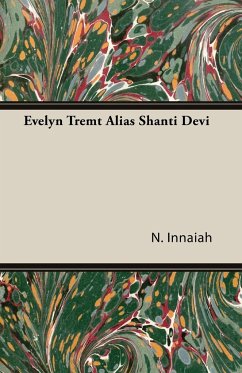Written after the great war of Kurukshetra, Shanti Parva, the twelfth book of the Mahabharata, is a treatise on peace, the ideals of statehood and peaceful governance, which also simultaneously justifies upper-caste hegemony, hierarchy and the need for organised violence. Des Raj Kali's Shanti Parav, in contrast, brilliantly parodies the peace claims of its source text and provides a radical Dalit response from the margins of history to these justifications of the ruling elite through gentle interrogation, subversive literary technique and fragments of alternate history. A post-Independence novel set in the heartland of Punjab, Shanti Parav invites a study of post-colonial socio-political dynamics in India from a Punjabi Dalit perspective. It locates the Dalit within the caste religion power nexus, and furnishes alternate narratives of the freedom struggle, terrorism, state violence, development, capitalism and democracy. The proletarian context of Shanti Parav is harsh and stark, but also colourful, irreverent, carnivalesque, even absurd. Boldly experimental, the novel has a dual narrative which playfully challenges the reader to acquire new ways of reading and interpreting a text. The fictional text in the upper half of the page narrates autobiographical stories that recount the struggles and joys of the protagonist's immediate, everyday subaltern world, while in the lower half run realistic, quirky, grand historical monologues by three retired Dalit characters who offer philosophical discourses on governance, violence and peace. A compelling read, Kali powerfully documents alternate lived realities in India
Hinweis: Dieser Artikel kann nur an eine deutsche Lieferadresse ausgeliefert werden.
Hinweis: Dieser Artikel kann nur an eine deutsche Lieferadresse ausgeliefert werden.








